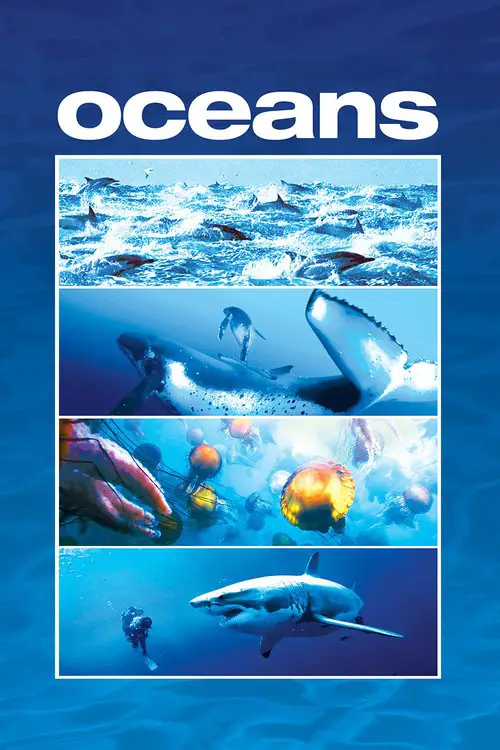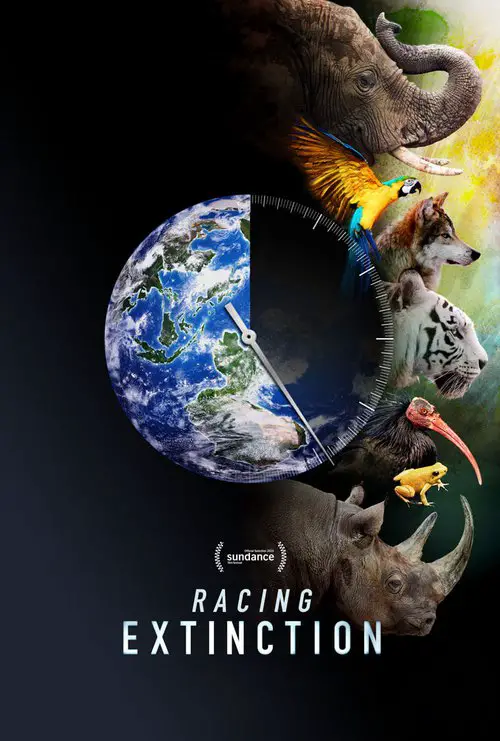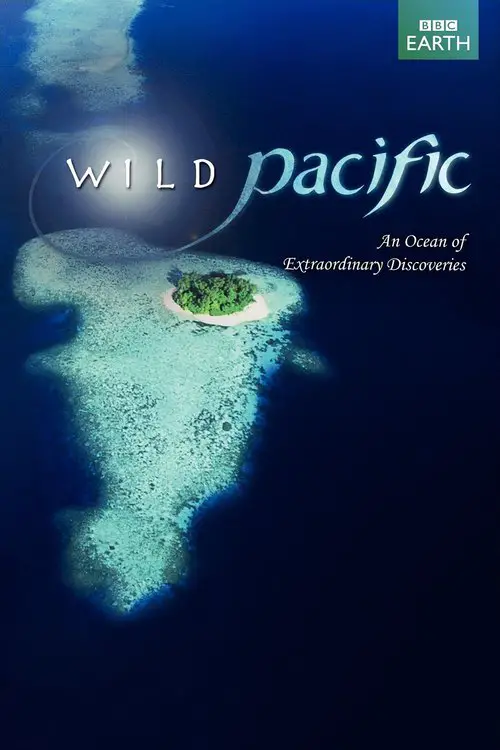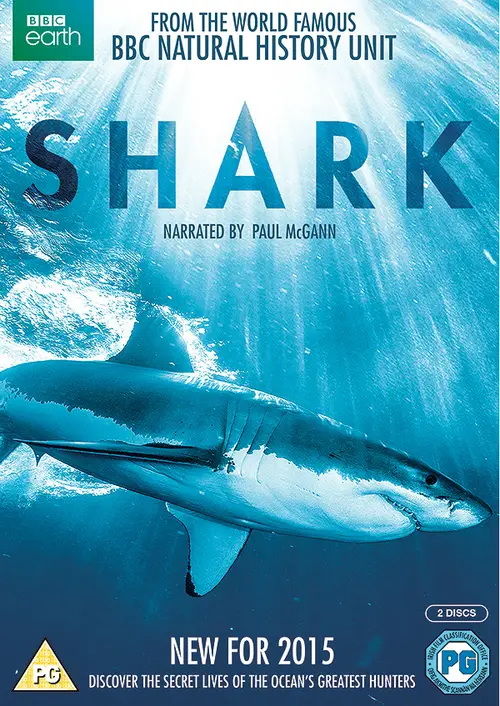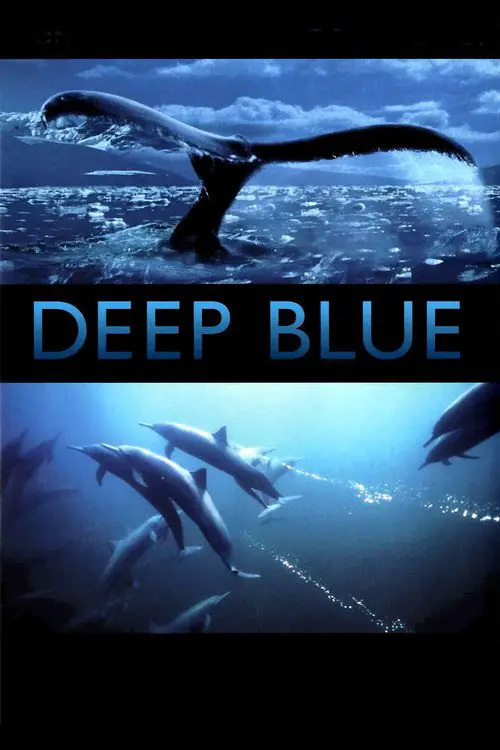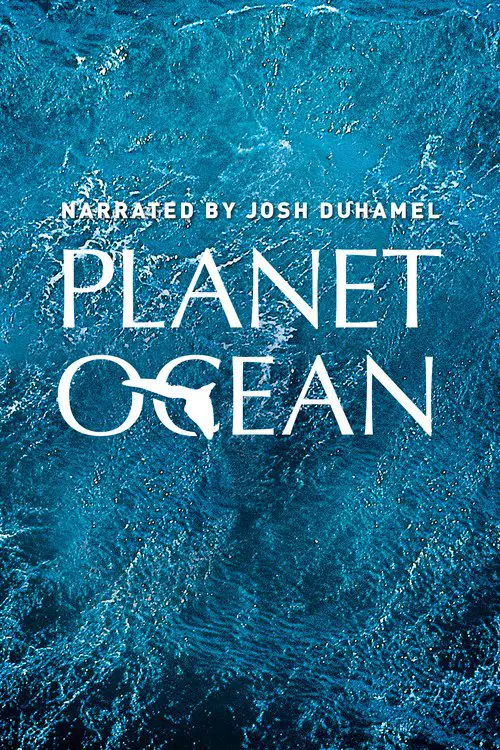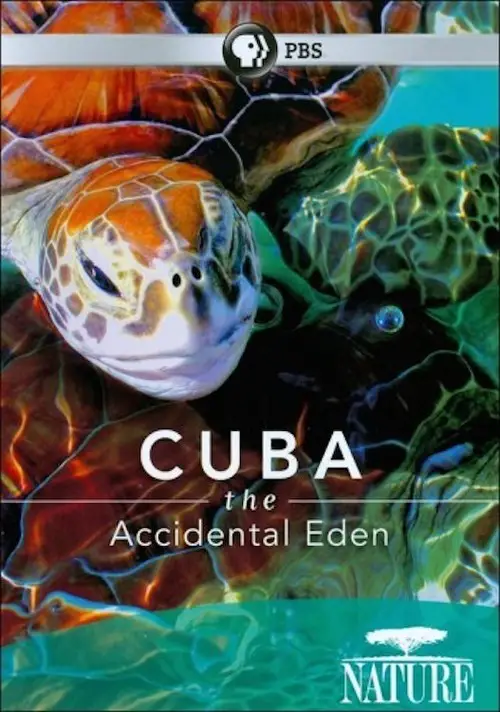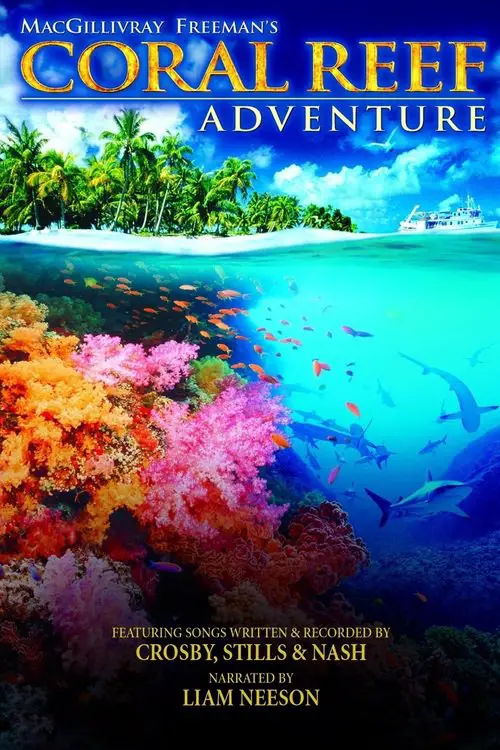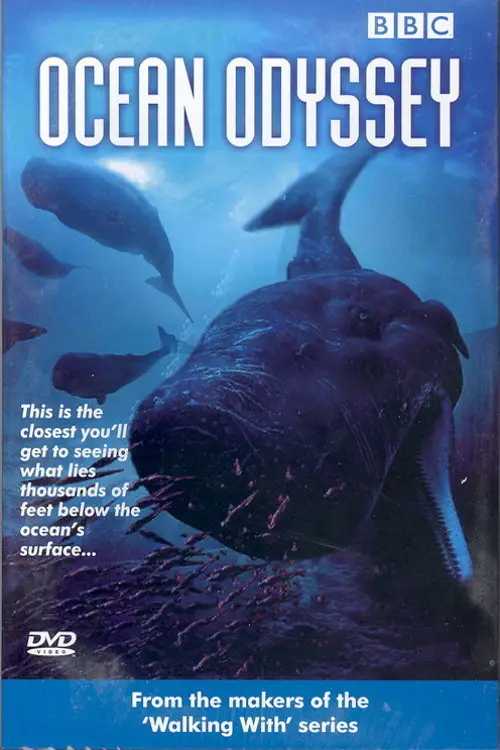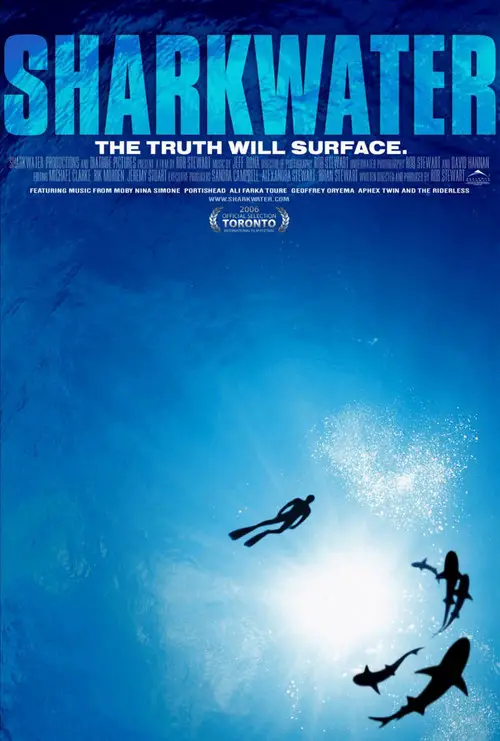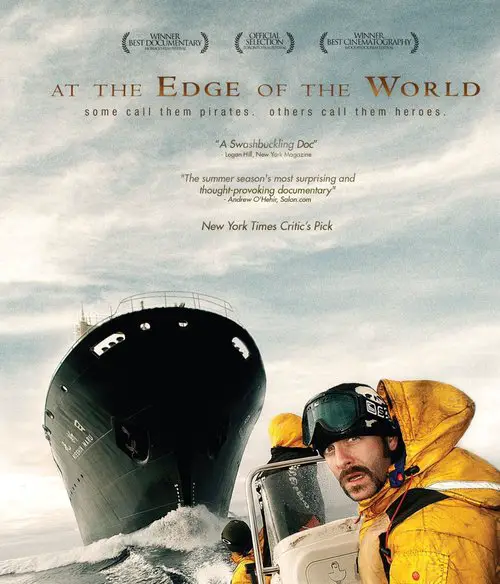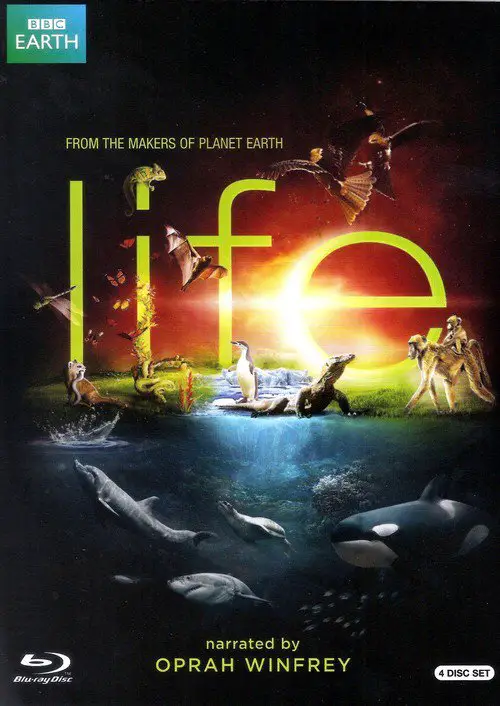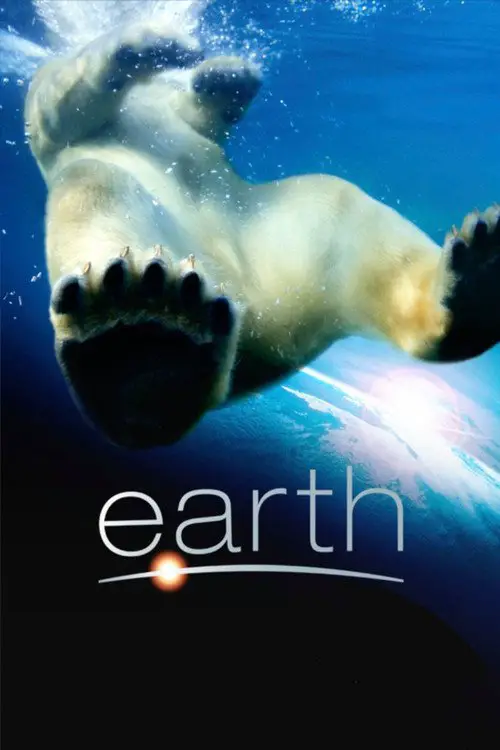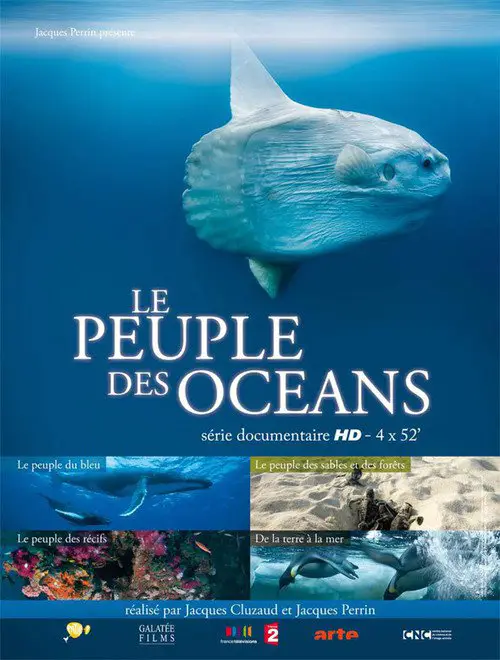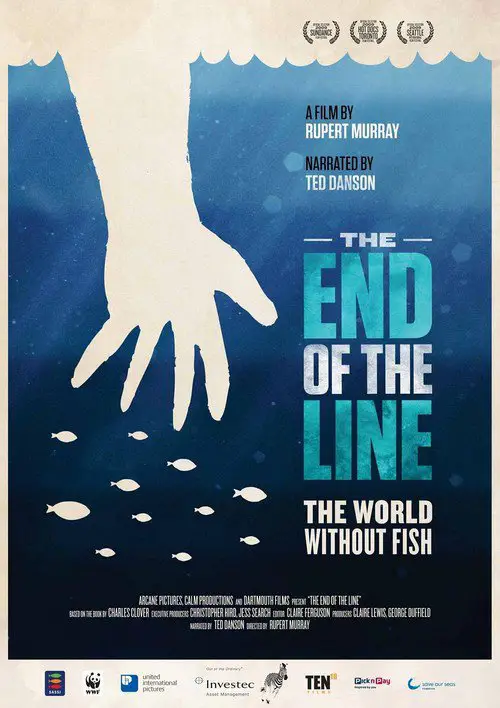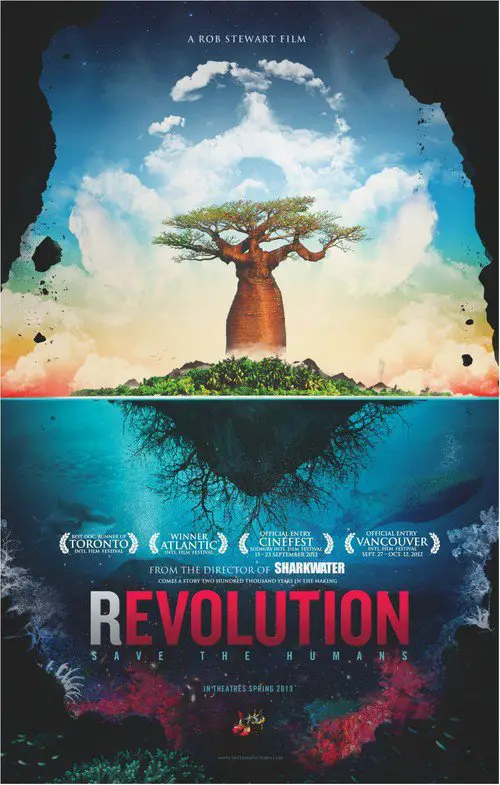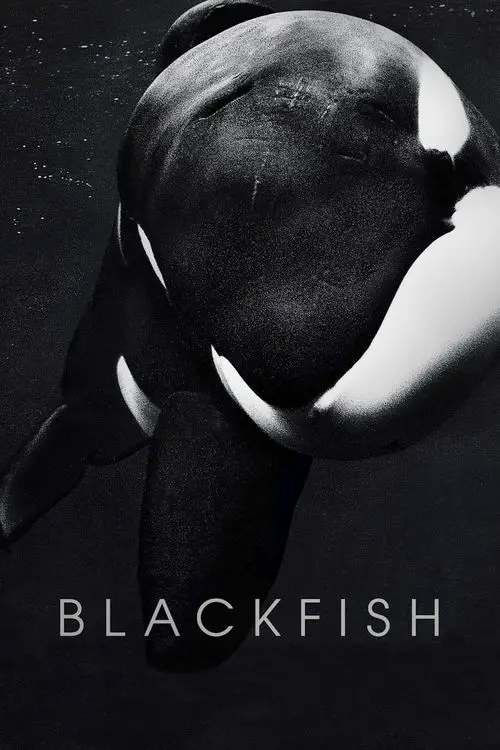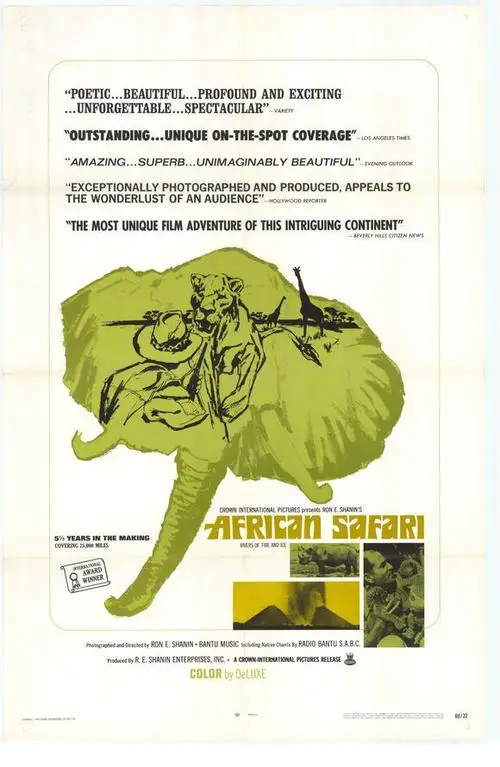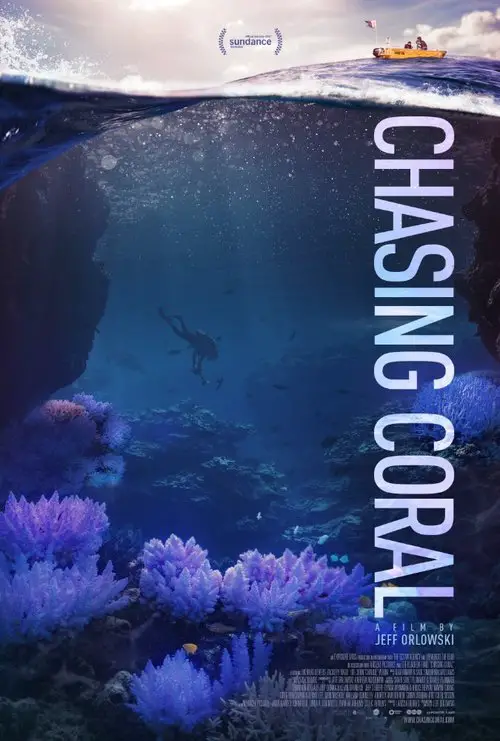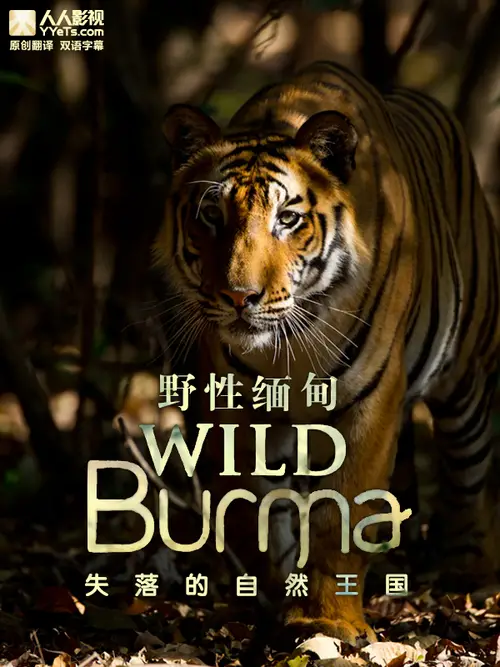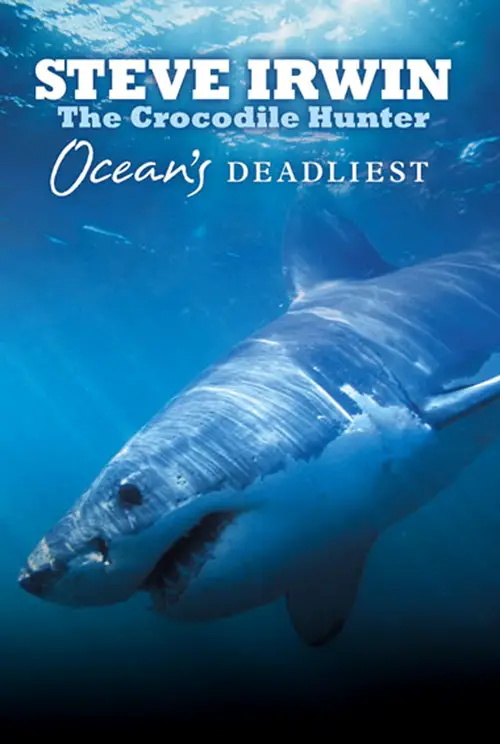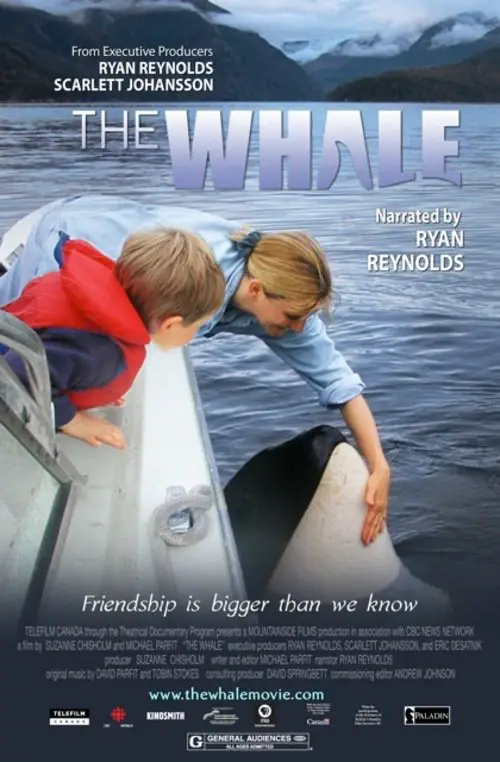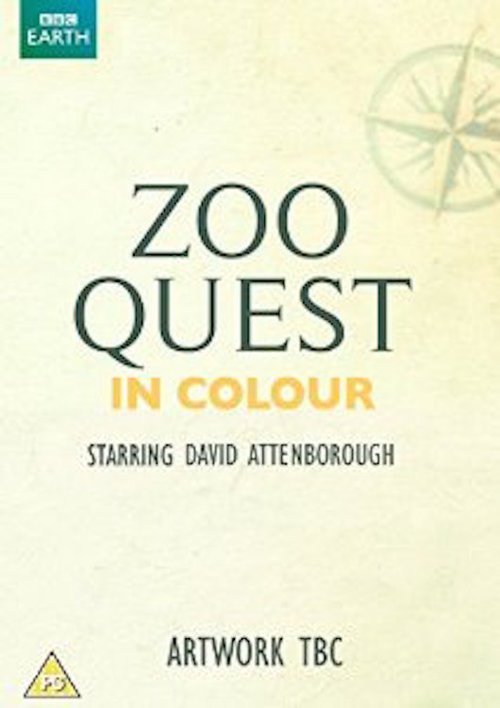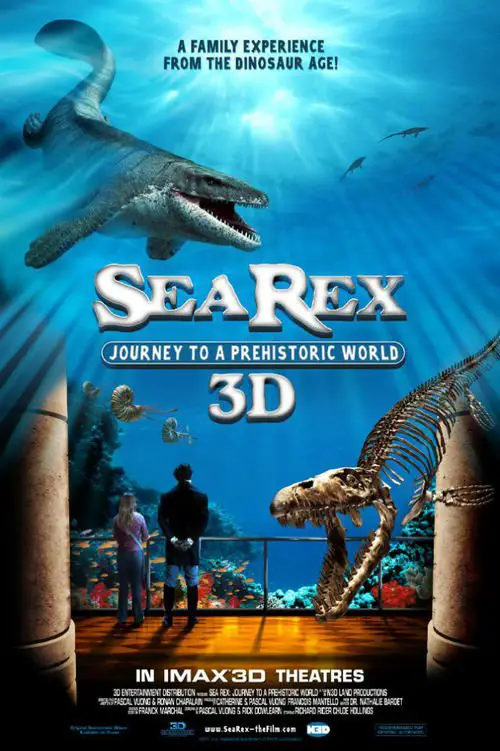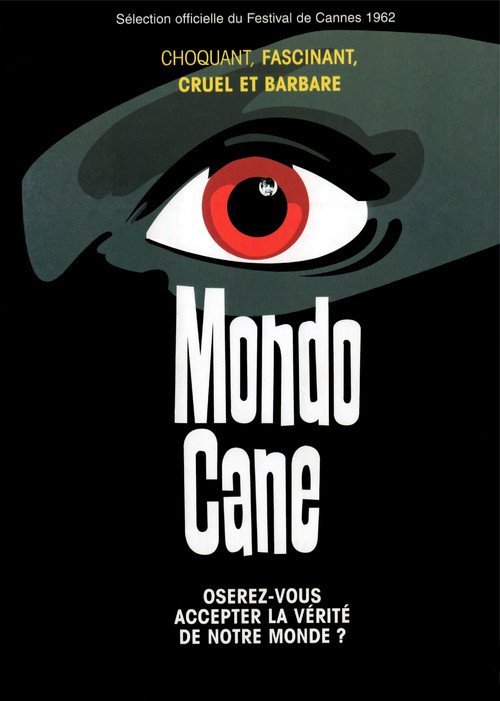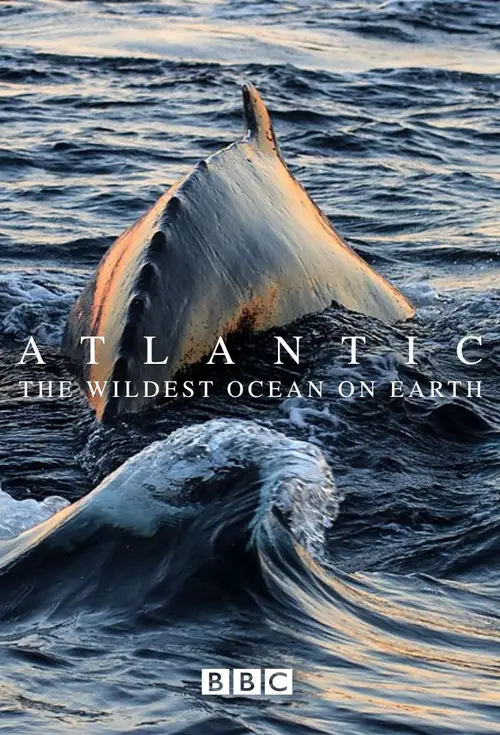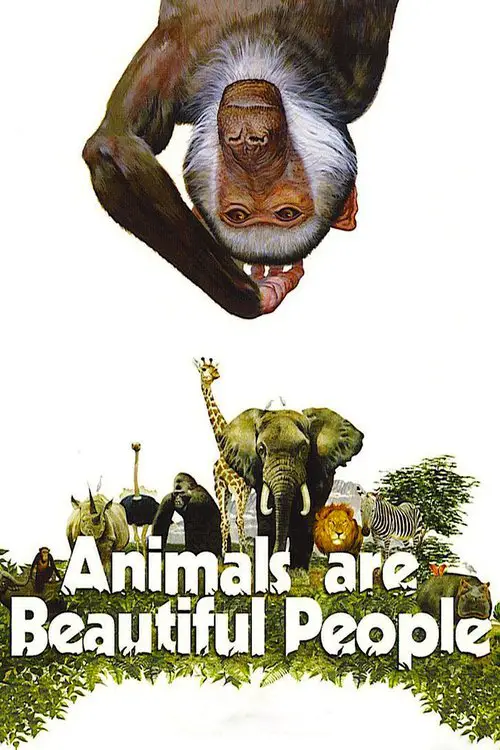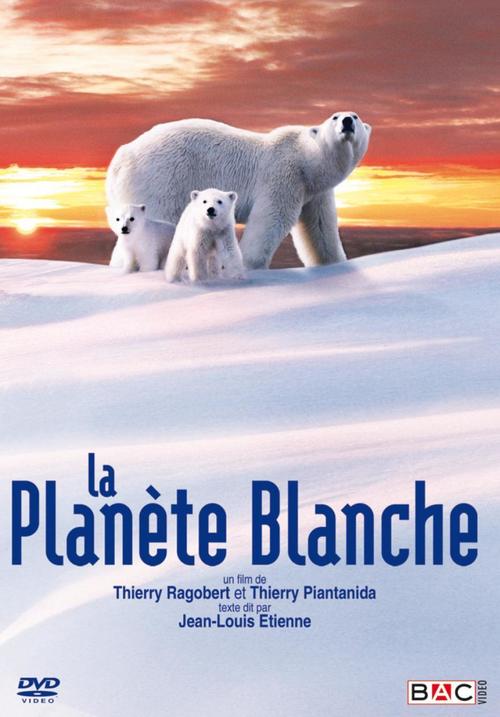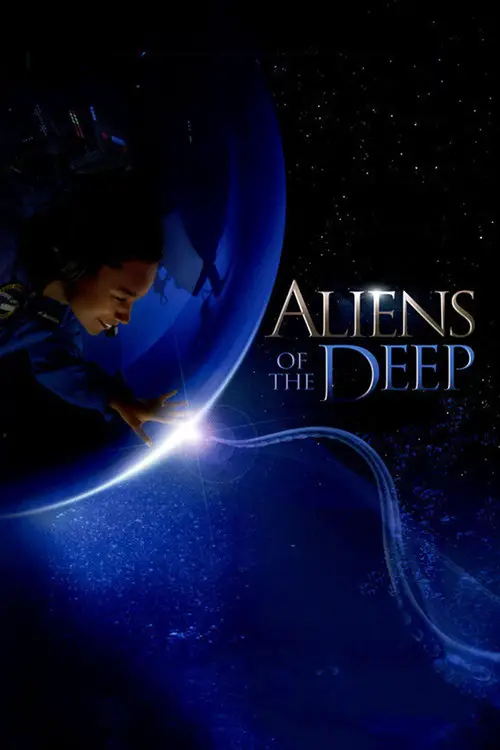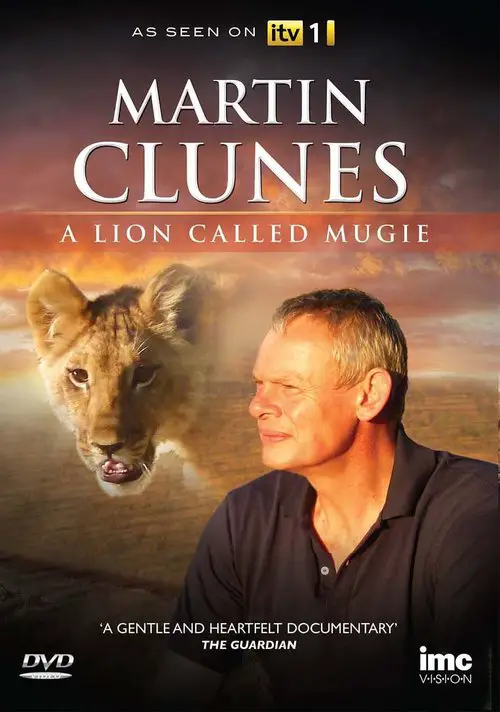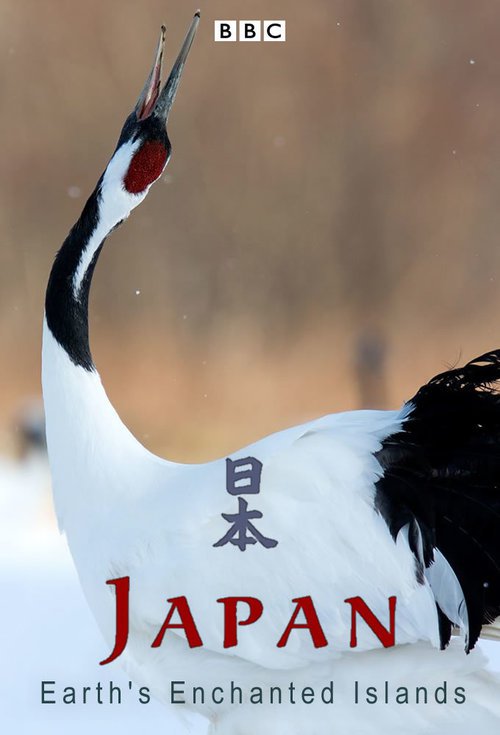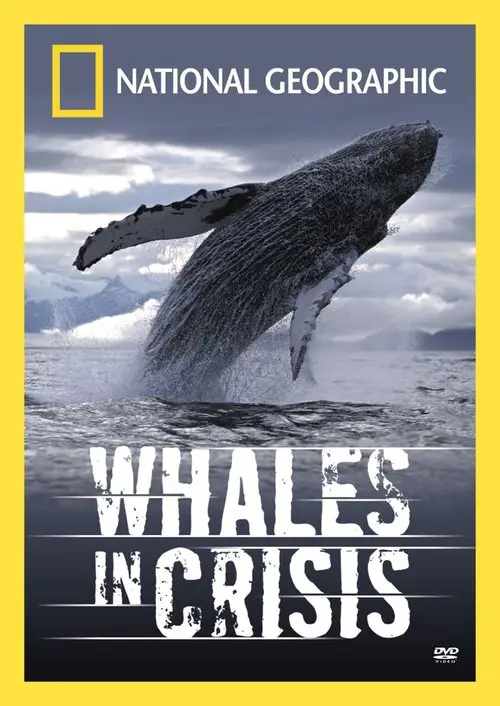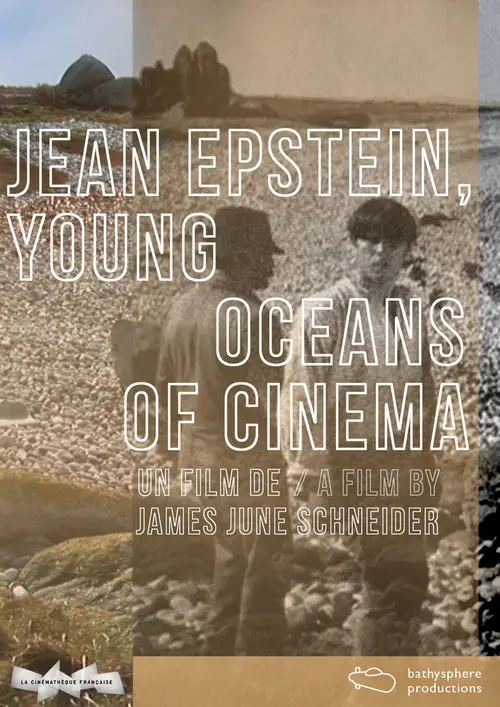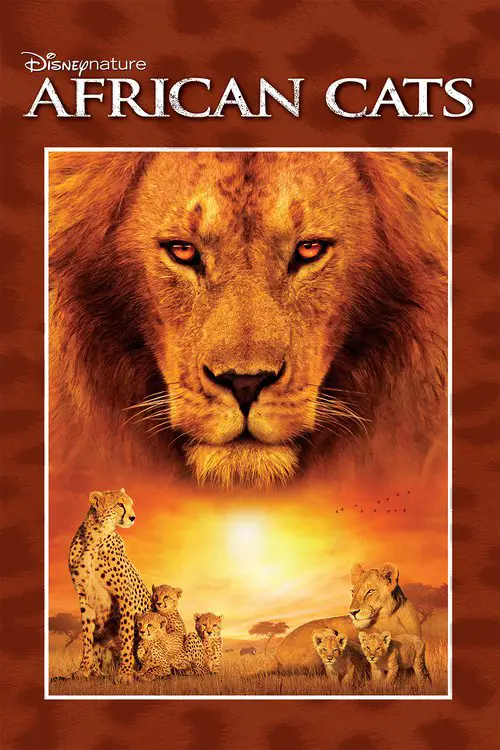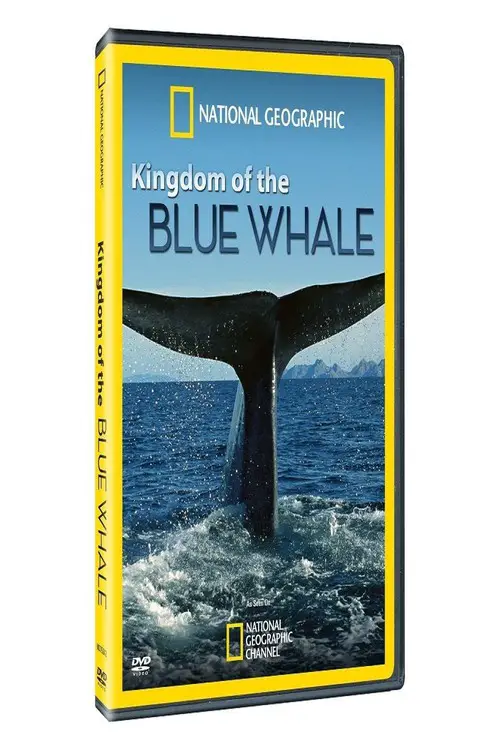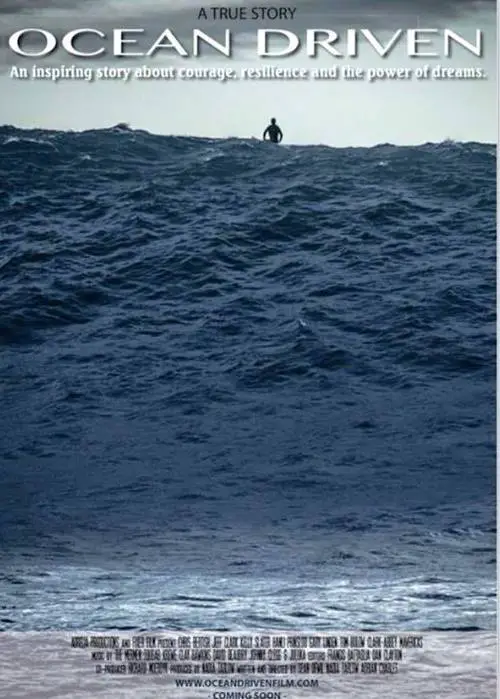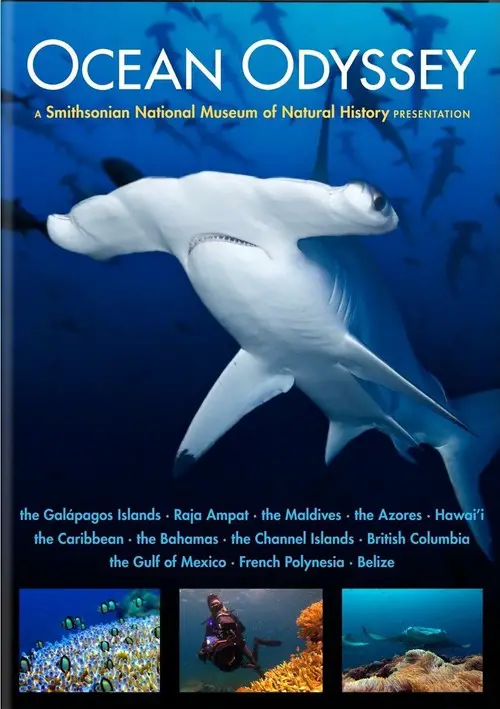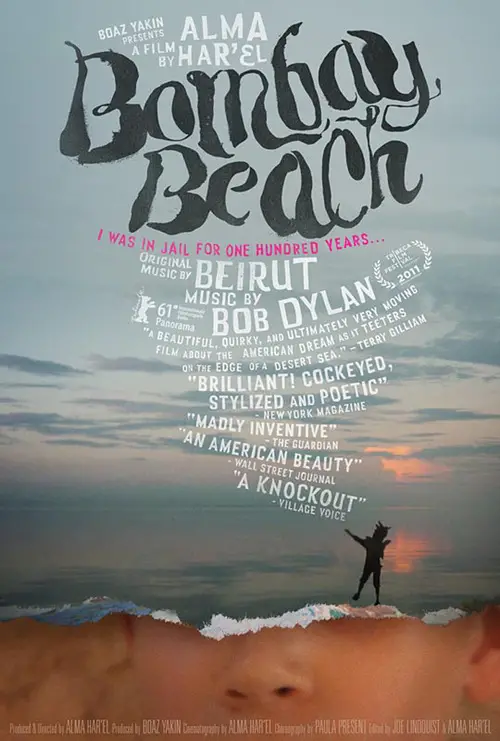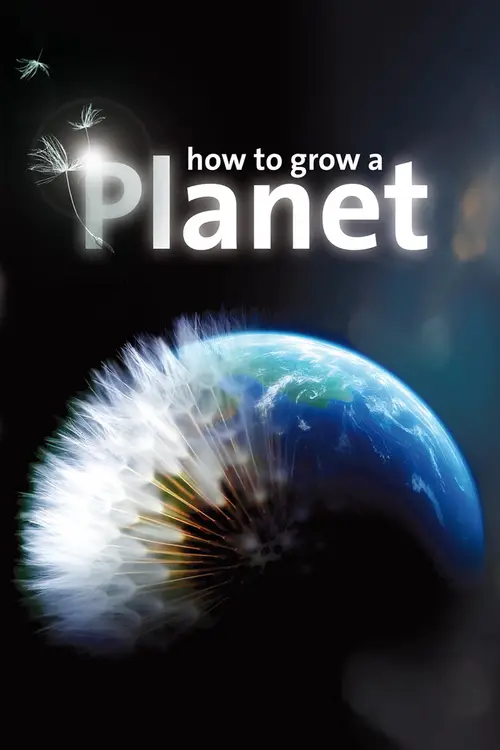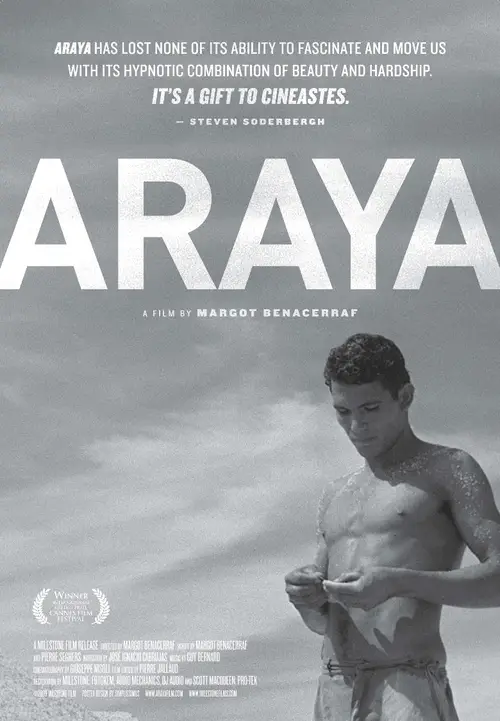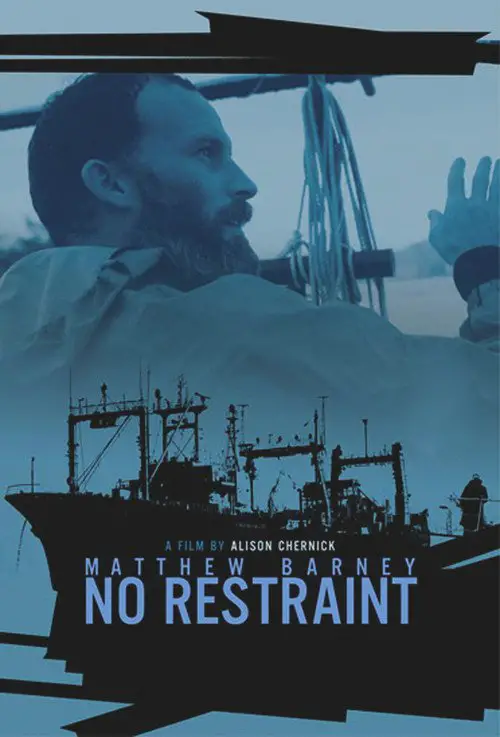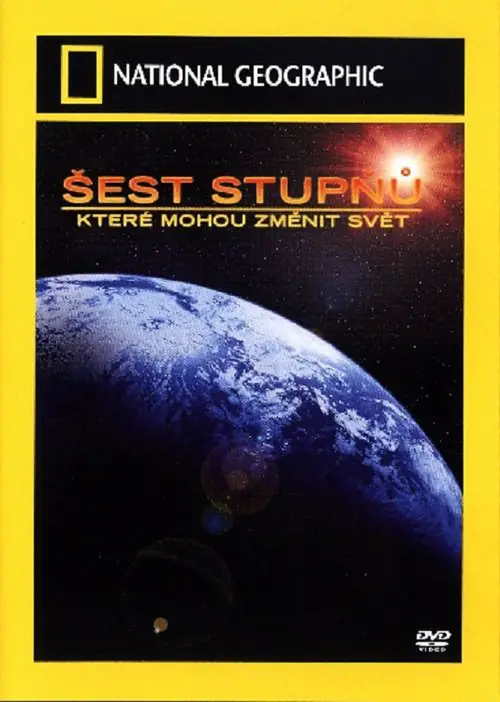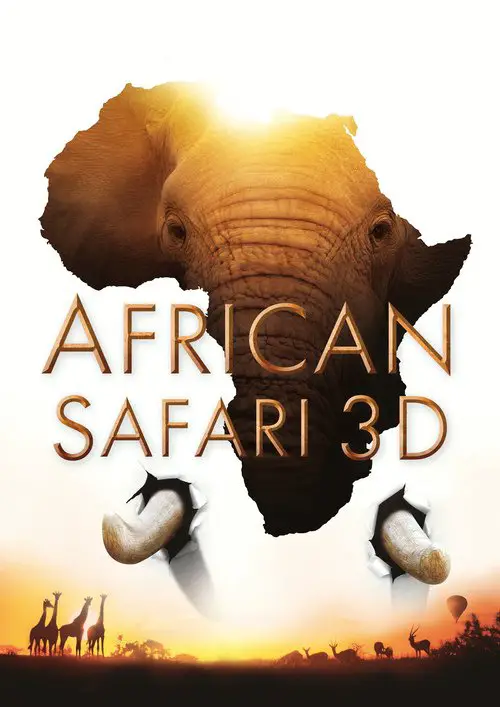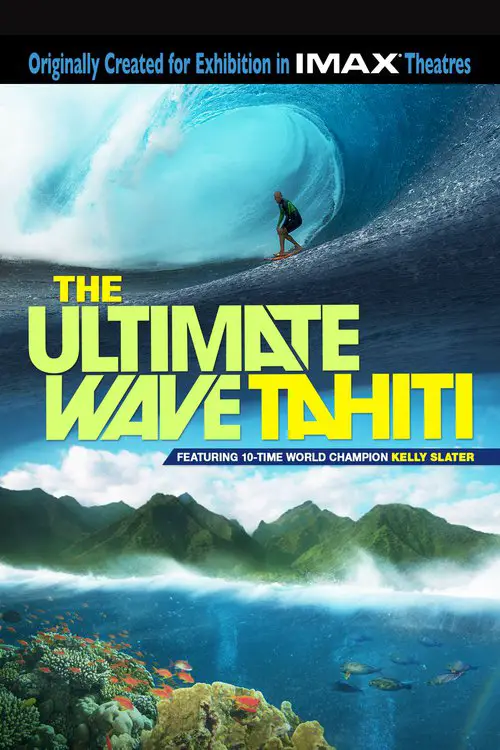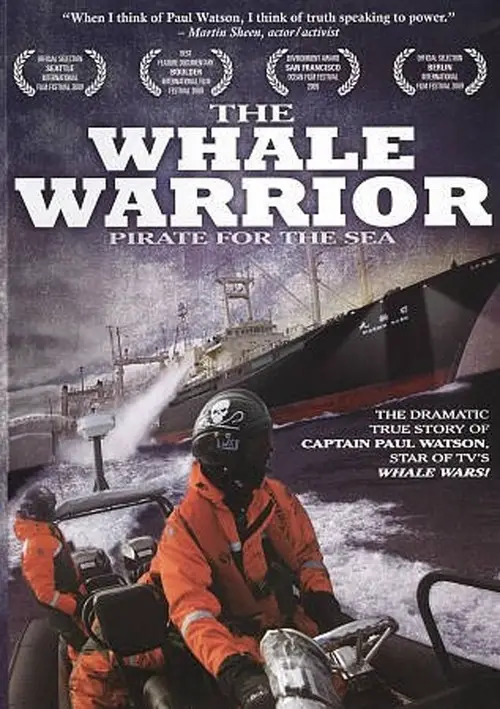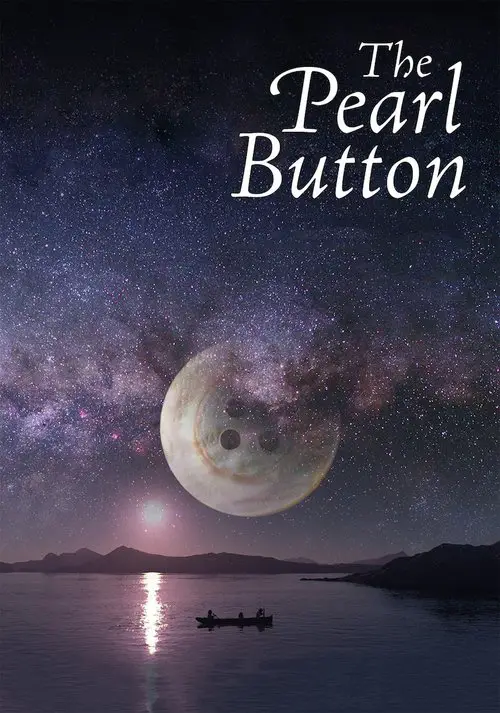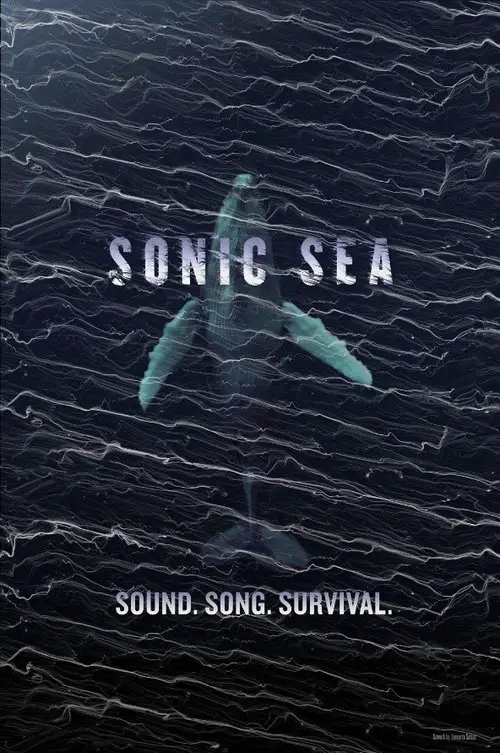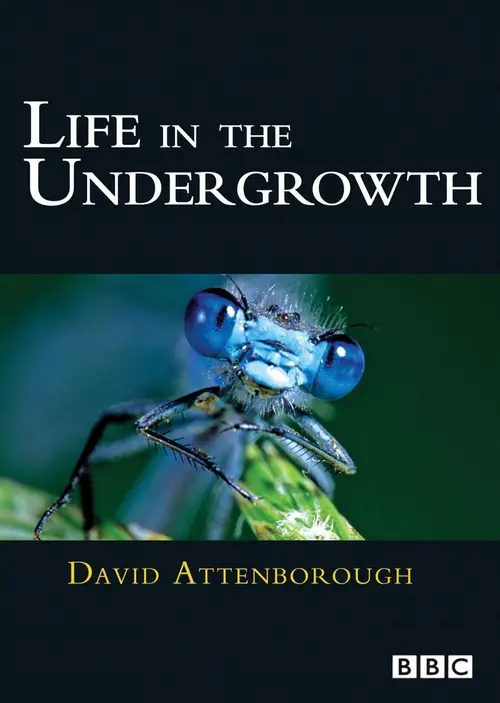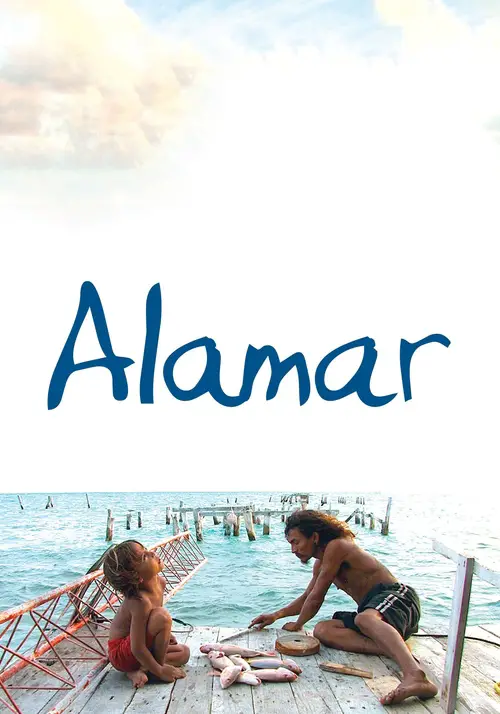Life in the Blue (2016)
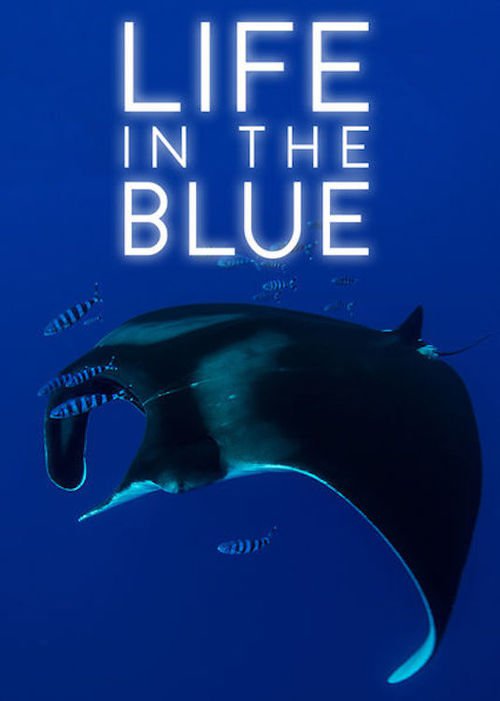
Similar movies
A documentary series on life in and adapted to the conditions of the Southern part of the Pacific Ocean, a vast aquatic region with an unequaled number of islands. Both wildlife and human cultures developed in a unique variety, largely determined by such natural conditions as huge distances, sea depths, currents and winds.
Shark is the definitive series on the apex ocean predator, made on a scale never attempted before and revelatory in both content and photography. This series shows the enormous diversity of sharks around the world and highlights some of the incredible behaviors that have allowed them to survive for over 400 million years. Shark showcases some 30 species with footage from dozens of habitats worldwide including mangrove swamps, shipwrecks, coral reefs, under the polar ice, and on land. The documentary offers new insights, new breakthroughs in technology, and a new generation of cameramen with pioneering approaches to underwater filming.
TURTLE: THE INCREDIBLE JOURNEY is the story of a little loggerhead turtle, as she follows in the path of her ancestors on one of the most extraordinary journeys in the natural world. Born on a beach in Florida, she rides the Gulf Stream up towards the Arctic and ultimately swims around the entire North Atlantic across to Africa and back to the beach where she was born. But the odds are stacked against her; just one in ten thousand turtles survive the journey. She faces many hazards, her siblings are lost in the doldrums of the Sargasso Sea, she comes face to face with creatures of the deep and nearly dies at the hands of fishermen. She travels up north but she drifts from her life current, the Gulf Stream, into dangerously cold waters.
Cuba's political and economic exile has yielded a startling upside: A pristine island preserve boasting one of the most diverse and primordial ecosystems in the region. But how will nature fare if the U.S. trade embargo ends and tourists pour in? This episode of the PBS series observes jumping crocodiles, painted snails and other famed residents while profiling the unsung scientists who are studying and protecting the creatures' idyllic habitats.
Coral Reef Adventure follows the real-life expedition of ocean explorers and underwater filmmakers Howard and Michele Hall. Using large-format cameras, the Halls guide us to the islands and sun-drenched waters of the South Pacific to document the health and beauty of coral reefs. Featuring songs written and recorded by Crosby, Stills & Nash.
The largest predator on the planet, the sperm whale, is your host for an amazing exploration of the final frontier -- the world at the bottom of the ocean. From the makers of the Walking With series comes this incredible marine tour, in which you'll witness a rarely seen world of hidden mountain ranges, majestic canyons, volcanoes and the beautiful and often deadly creatures that inhabit the deep sea.
At the Edge of the World chronicles the controversial Sea Shepherd Antarctic Campaign against a Japanese whaling fleet. The international volunteer crew, under-trained and under-equipped, develop a combination of bizarre and brilliant tactics with which to stop the whalers. But first they must find the Japanese ships, a far more difficult challenge than ever imagined - long-time activist Paul Watson and first-time captain Alex Cornelissen employ an array of strategies in the hopes of finding an elusive adversary in the vast expanse of the Ross Sea. With one ship (the Farley Mowat) too slow to chase down the whaling fleet, with their second ship (the Robert Hunter) unsuited for Antarctic ice conditions and with no country supporting their efforts to enforce international law, the situation becomes increasingly desperate. Against all odds, however, a real-life pirate tale unfolds - a modern-day "David vs. Goliath" adventure.
David Attenborough's legendary BBC crew explains and shows wildlife all over planet earth in this 10-episode miniseries. The first is an overview the challenges facing life, the others are dedicated to hunting, the deep sea and various major evolutionary groups of creatures: plants, primates and other large sections of other vertebrates and invertebrates.
Diving into the planetâs waters, Kingdom Of The Oceans features astonishing footage that showcases the majesty of the underwater world. Shot at over 50 locations around the world and with eighty different species, this breath-taking four-part special offers a deeper insight into the aquatic side of nature, from the coastal shores to the open sea. 1) Giants Of The Deep: The voyages of blue whales and hordes of tuna through the vast, blue, liquid expanse of the oceans. 2) Sand Wars:The sandy plains of the seabed can appear to be empty, but hide multitudes of moving creatures. 3) Predator's Paradise: Coral polyps are tiny animals that construct underwater mountains, sheltering an extraordinarily diverse group of species. 4) Fire & Ice: Whales, penguins, iguanas and dolphins have all inherited a burdensome air-breathing legacy from their land-dwelling ancestors.
Imagine an ocean without fish. Imagine your meals without seafood. Imagine the global consequences. This is the future if we do not stop, think and act.In the film we see firsthand the effects of our global love affair with fish as food.It examines the imminent extinction of bluefin tuna, brought on by increasing western demand for sushi; the impact on marine life resulting in huge overpopulation of jellyfish; and the profound implications of a future world with no fish that would bring certain mass starvation.Filmed over two years, The End of the Line follows the investigative reporter Charles Clover as he confronts politicians and celebrity restaurateurs, who exhibit little regard for the damage they are doing to the oceans.Filmed across the world â from the Straits of Gibraltar to the coasts of Senegal and Alaska to the Tokyo fish market â featuring top scientists, indigenous fishermen and fisheries enforcement officials, The End of the Line is a wake-up call to the world.
Revolution is a new movie from internationally-acclaimed filmmaker Rob Stewart. A follow-up to his award-winning documentary Sharkwater, this continues his remarkable journey of discovery to find out that what he thought was a shark problem is actually a people problem. As Stewart's battle to save sharks escalates, he uncovers grave dangers threatening not just sharks, but humanity. In an effort to uncover the truth and find the secret to saving our own species, Stewart embarks on a life-threatening adventure through 15 countries, over four years in the making. In the past four years the backdrop of ocean issues has changed completely. Saving sharks will be a pointless endeavor if we are losing everything else in the ocean, not just sharks. Burning fossil fuels is releasing carbon dioxide into the atmosphere; changing the oceans, changing atmospheric chemistry and altering our climate.
Coral reefs are the nursery for all life in the oceans, a remarkable ecosystem that sustains us. Yet with carbon emissions warming the seas, a phenomenon called âcoral bleachingââa sign of mass coral deathâhas been accelerating around the world, and the public has no idea of the scale or implication of the catastrophe silently raging underwater.
The story of a race against time to help preserve the untouched forests of Burma and its wildlife. For the first time in over 50 years, a team of wildlife filmmakers from the BBC's Natural History Unit and scientists from the world renowned Smithsonian Institution has been granted access to venture deep into Burma's impenetrable jungles. Their mission is to discover whether these forests are home to iconic animals, rapidly disappearing from the rest of the world.
Thanks to a recent remarkable discovery in the BBC's Film Vaults, the best of David Attenborough's early Zoo Quest adventures can now be seen as never before - in colour - and with it the remarkable story of how this pioneering television series was made. First broadcast in December 1954, Zoo Quest was one of the most popular television series of its time and launched the career of the young David Attenborough as a wildlife presenter. Zoo Quest completely changed how viewers saw the world - revealing wildlife and tribal communities that had never been filmed or even seen before.
Through the power of IMAX 3D, experience a wondrous adventure from the dinosaur age. Join Julie, an imaginative young woman, in a unique voyage through time and space. Explore an amazing underwater universe inhabited by larger-than-life creatures which were ruling the seas before dinosaurs conquered the earth. See science come alive in an entertaining manner and get ready for a face-to-face encounter with the T-Rex of the seas!
April 8, 2003: Karsten Heuer + Leanne Allison left the remote community of Old Crow,Yukon, to join the Porcupine Caribou Herd on their epic life journey. For 5 months the Canadians migrated on foot with the 123,000-member herd from wintering to calving grounds in Alaska's Arctic National Wildlife Refuge, and back again â 1500km across snow and tundra. They completed their journey on Sept. 8, 2003.
This landmark series explores a vast ocean that stretches nearly 10,000 miles, from Arctic to Antarctic and from sun-drenched tropical reefs to crushing abyssal depths. Over three programmes it reveals the amazing, surprising and resilient inhabitants of the Atlantic, both animals and people, as they pit themselves against the worldâs wildest ocean.
The White Planet or in French, La Planète Blanche, is a 2006 documentary about the wildlife of the Arctic. It shows interactions between marine animals, birds and land animals, especially the polar bear, over a one year period. The fragility of the Arctic is hinted at as a reason to prevent climate change. It was nominated for the Documentary category in the 27th Genie Awards in 2007.
In Japanâs crowded archipelago, there are still places where nature thrives â and Japan has a surprisingly vast range of landscapes, from the far north, where sea eagles walk on frozen seas, to subtropical southern islands, with coral reefs and volcanoes, and the central islands, with forested mountains, home to bears and monkeys. This series explores how life survives across these islands, and how humans and wildlife have found ways to live alongside the forces of nature and embrace them in quintessential ways.
Few creatures are as mysterious and captivating as the whale, and few connect with us so emotionally and spiritually. After hunting whales for generations, we have brought their widespread slaughter to an end, but these graceful giants still face threats on a number of fronts, and the battle to save them goes on. This film takes an intimate look at four types of whales: pilots, humpbacks, bowheads and orcas, through the eyes of the humans who are closest to them. From the struggle to save a pod of pilot whales in the Florida Keys to the groundbreaking work of a scientist risking life and limb in the Arctic to the controversy over military sonar, you'll go to the front lines of whale conservation.
This portrait of the French film theorist and avant-garde director Jean Epstein (1897-1953) concentrates on the period when he filmed in Brittany, the spot where he became inspired by the sea. Using rare archive footage, Jean Epstein, Young Oceans of Cinema also looks at Epsteinâs views on the specificity of the film medium.
African Cats captures the real-life love, humor and determination of the majestic kings of the savanna. The story features Mara, an endearing lion cub who strives to grow up with her motherâs strength, spirit and wisdom; Sita, a fearless cheetah and single mother of five mischievous newborns; and Fang, a proud leader of the pride who must defend his family from a once banished lion.
Supported by the National Geographic Society, the world's eminent blue whale scientists embark on a revolutionary mission: They'll find, identify, and tag California blue whales, use the DNA samples to confirm the sex of individual whales, then rejoin the massive creatures' stunning migration when they collect at a chimera known as the Costa Rica Dome.
Making a big wave dream come true. Ocean Driven is a true and gripping story that chronicles the development of South African big wave surfer Chris Bertish. His single minded pursuit of his dreams and refusal to let seemingly insurmountable obstacles stand in his way, culminates with his winning the world's premiere big wave surfing competition at Mavericks in California 2010. Moments after nearly drowning, Bertish takes the world by storm in the largest waves ever seen there. Ocean Driven is a tale of overcoming obstacles and fears, redefining possible, and empowering viewers to never give up in pursuit of their dreams. Ocean Driven features countless big wave legends, ocean specialists, and breathtaking images.
Commissioned by the Smithsonian's National Museum of Natural History, OCEAN ODYSSEY takes viewers on an undersea journey to remote and magical places. Follow Feodor Pitcairn, a pioneer in underwater HD cinematography, as he explores the marine ecosystems of the Galápagos Islands, Raja Ampat in Indonesia, the Maldives, the Azores, Hawai'i, the Caribbean, the Bahamas, the Channel Islands, British Columbia, the Gulf of Mexico, French Polynesia and Belize. Filmed in high definition, with commentary by Feodor Pitcairn and fellow cinematographer Bob Cranston, OCEAN ODYSSEY is a stunning film that reveals some of the most amazing underwater footage ever seen and offers reflections by two of the most prominent cinematographers at work today.
Werner Herzogâs documentary film about the âGrizzly Manâ Timothy Treadwell and what the thirteen summers in a National Park in Alaska were like in one manâs attempt to protect the grizzly bears. The film is full of unique images and a look into the spirit of a man who sacrificed himself for nature.
Bombay Beach is one of the poorest communities in southern California located on the shores of the Salton Sea, a man-made sea stranded in the middle of the Colorado desert that was once a beautiful vacation destination for the privileged and is now a pool of dead fish. Film director Alma Har'el tells the story of three protagonists. The trials of Benny Parrish, a young boy diagnosed with bipolar disorder whose troubled soul and vivid imagination create both suffering and joy for him and his complex and loving family. The story of CeeJay Thompson, a black teenager and aspiring football player who has taken refuge in Bombay Beach hoping to avoid the same fate of his cousin who was murdered by a gang of youths in Los Angeles; and that of Red, an ancient survivor, once an oil field worker, living on the fumes of whiskey, cigarettes and an irrepressible love of life. Together these portraits form a triptych of manhood in its various ages and guises...
Geologist Ian Stewart explain in three stages of natural history the crucial interaction of our very planet's physiology and its unique wildlife. Biological evolution is largely driven bu adaptation to conditions such as climate, soil and irrigation, but biotopes were also shaped by wildlife changing earth's surface and climate significantly, even disregarding human activity.
"Araya" is an old natural salt mine located in a peninsula in northeastern Venezuela which was still, by 1959, being exploited manually five hundred years after its discovery by the Spanish. Margot Benacerraf captures in images, the life of the "salineros" and their archaic methods of work before their definite disappearance with the arrival of the industrial exploitation.
How does artist Matthew Barney use 45,000 pounds of petroleum jelly, a factory whaling vessel and traditional Japanese rituals to create his latest art project? Barney plowed the waters off the coast of Nagasaki to film his massive endeavor, Drawing Restraint 9. The documentary Matthew Barney: No Restraint journeys to Japan with Barney and his collaborator Bjork, as the visual artist creates a "narrative sculpture" telling a fantastical love story of two characters that transform from land mammals into whales.
Fabulously offbeat and refreshingly upbeat, this lovable film gets friendly with the natives of the Salton Sea an inland ocean of massive fish kills, rotting resorts, and 120 degree nights located just minutes from urban Southern California. This award-winning film from directors Chris Metzler and Jeff Springer details the rise and fall of the Salton Sea, from its heyday as the "California Riviera" where boaters and Beach Boys mingled in paradise to its present state of decaying, forgotten ecological disaster. From wonderland to wasteland, PLAGUES & PLEASURES ON THE SALTON SEA captures a place far more interesting than the shopping malls and parking lots of suburban America, a wacky world where a beer-swilling Hungarian Revolutionary, a geriatric nudist, and a religious zealot building a monument to God all find solace and community.
A documentary on Paul Watson, who takes the law into his own hands on the open seas, confronting, by any nonviolent means necessary, the hunters who indiscriminately slaughter whales, seals and sharks, along with complicit governments and environmental organizations. Written by Anonymous "Pirate for the Sea" is a biographical film of Captain Paul Watson, the youngest founding member of Greenpeace Canada. He organized early campaigns protesting the killing of seals, whales, and dolphins. Greenpeace ejected him for being too much of an activist. Starting his own organization, the Sea Shepherd Conservation Society, he went on to sink illegal whaling ships, stopped Canadian seal hunts for ten years, permanently halted sealing in British Isles, killing of dolphins on Iki Island, Japan, etc. This documentary witnesses his latest campaigns and explores the personal and environmental history of this controversial marine conservationist. Written by R.C.
The ocean contains the history of all humanity. The sea holds all the voices of the earth and those that come from outer space. Water receives impetus from the stars and transmits it to living creatures. Water, the longest border in Chile, also holds the secret of two mysterious buttons which were found on its ocean floor. Chile, with its 2,670 miles of coastline and the largest archipelago in the world, presents a supernatural landscape. In it are volcanoes, mountains and glaciers. In it are the voices of the Patagonian Indigenous people, the first English sailors and also those of its political prisoners. Some say that water has memory. This film shows that it also has a voice.
Darwin's great insight â that life has evolved over millions of years by natural selection â has been the cornerstone of all David Attenboroughâs natural history series. In this documentary, he takes us on a deeply personal journey which reflects his own life and the way he came to understand Darwinâs theory.
A new breed of action sports film comes to life as Red Bull Media House, in association with Brain Farm Digital Cinema, present âThe Art of FLIGHTâ, a Curt Morgan Film. Two years in the making, âThe Art of FLIGHTâ gives iconic snowboarder Travis Rice and friends the opportunity to redefine what is possible in the mountains. Experience the highs, as new tricks are landed and new zones opened, alongside the lows, where avalanches, accidents, and wrong-turns strike. Immerse yourself in a cinematic experience as Brain Farm and their arsenal of filmmaking technology capture the culture, wildlife and scenic landscapes the riders take in along the way. Join in the ride as the creators of âThatâs It, Thatâs Allâ completely rewrite the formula for action sports cinema with âThe Art of FLIGHT.â
Jorge and Roberta have been separated for several years. They simply come from opposite worlds: he likes an uncomplicated life in the jungle, while she prefers a more urban existence. He is Mexican and she is Italian, and she has decided to return to Rome with their five-year-old son, Natan. But before they leave, Jorge wishes to take young Natan on a trip, hoping to teach him about his Mayan origins in Mexico. At first the boy is physically and emotionally uncomfortable with the whole affair, and gets seasick on the boat taking them to their destination. But as father and son spend more time together, Natan begins a learning experience that will remain with him forever.
© Valossa 2015–2026
| Privacy Policy
